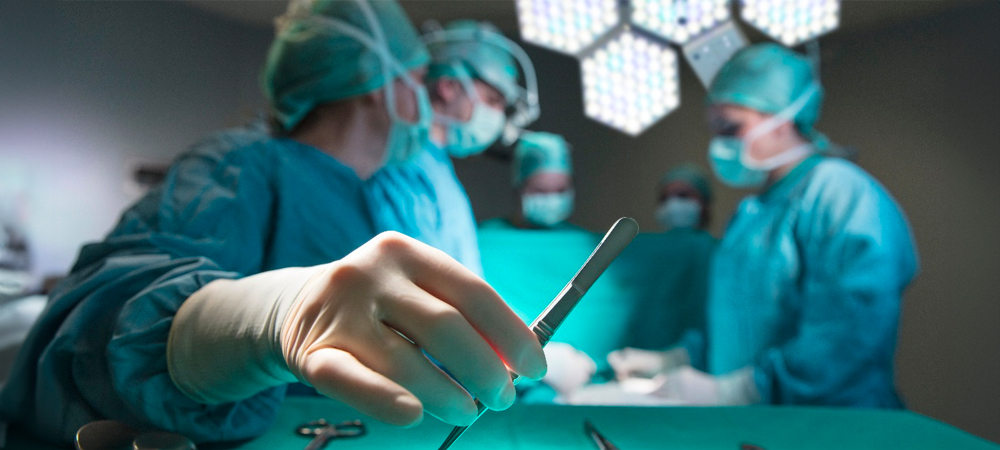How a Japanese-style multispecialty hospital changed healthcare in India?
Together with a significant Japanese trading corporation, SECOM, through Secom Medical Systems Co., Ltd. (“Secom Medical Systems”), which manages the healthcare division for the Secom Group, inaugurated the multispecialty Sakra World Hospital in Bengaluru, India. Even though this was SECOM’s first foray into the health care industry abroad, SECOM brought to this venture a variety of hospital management skills developed through its hospital support company in Japan. In order to provide healthcare in remote places where access to hospitals is challenging, Sakra World Hospital also built a new department that offers home medical services and is running a bus-based mobile health checkup vehicle designed in the Japanese style.
Improving The Quality of Healthcare in India by Training Local Staff

Sakra World Hospital recognizes that the key to successful hospital operations lies in improving clinical training and ensuring high-quality care and patient safety. To achieve this, the hospital actively invests in clinical training for medical specialists and nurses. It has also established a department dedicated to medical safety management, which is uncommon in India, to promote onsite safety awareness.
Currently, Sakra World Hospital has approximately 80 residents enrolled in its clinical training program. These selected residents enhance their skills by observing, receiving instructions, and engaging in discussions with senior doctors within the hospital and from SECOM Medical Systems’ partner hospitals and Japanese universities.

Furthermore, in their nurse training program, Sakra World Hospital introduces advanced Japanese nursing skills, such as injections, intubation, and hospitality, to the local staff. They identify excellent nurses who are then nurtured to become trainers. Once certified, these trainers can further train other staff members. This creates a positive cycle wherein local staff members are empowered to train their peers, resulting in significant improvements in the quality of nursing care, including procedures like tracheal intubation, after undergoing the training.










